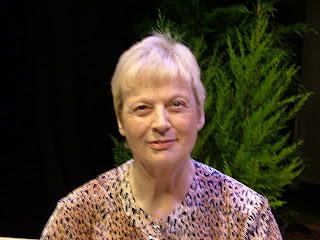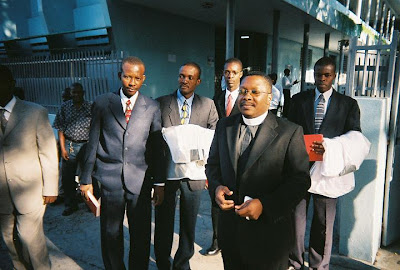New Priest-in-charge of Pas de Calais

On Saturday 30 January, the Revd Sara MacVane was licensed by the Archdeacon of France as the new priest-in-charge of the Anglican congregations in Pas de Calais. There are four congregations in this extended parish, based in Arras, Calais, Boulogne and Hesdin. Services take place every Sunday at one or other of these places. As is to be expected in widely scattered communities, friendship and fellowship is a vital part of congregational life. Each of the four churches enjoys a programme of social events. The parish serves the large numbers of English-speaking residents in the region. Some have retired and live here permanently, many are second home owners, attracted by property prices in the area, who come for weekends or extended holidays. There are also quite a few British/French couples committed to a life in France. Sara knows the diocese well. She comes to Pas de Calais from All Saints, Rome, where she has been Assistant Curate. Sara also brings a commitmente and experien...




















